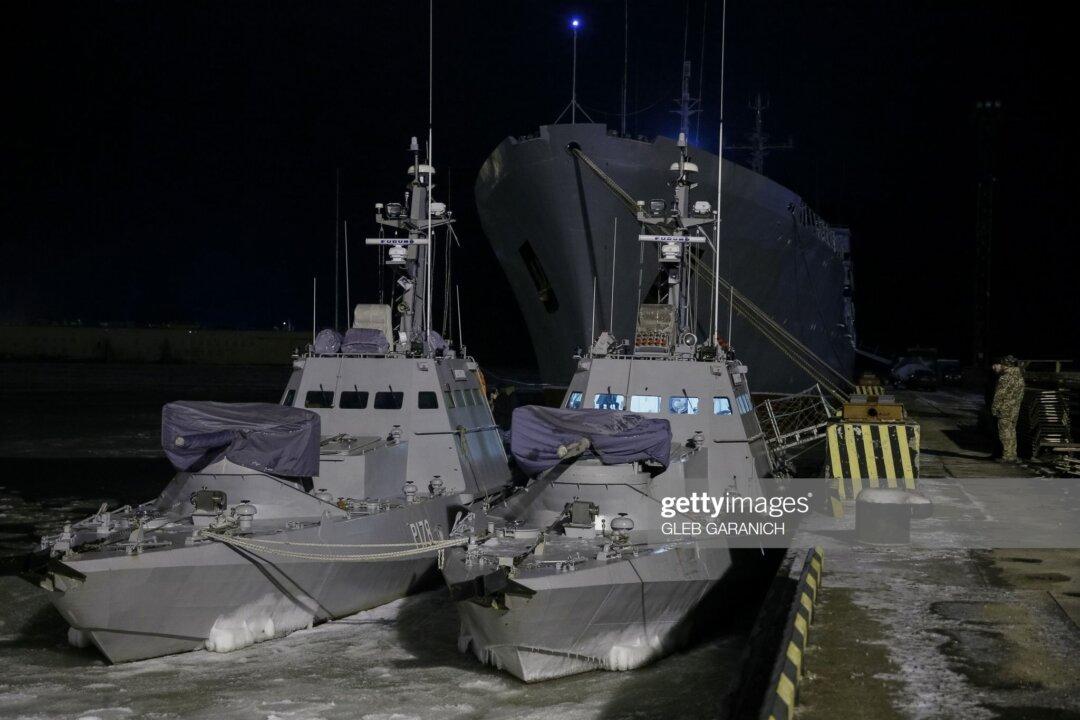The proverbial “law of holes” states, “When you find yourself in one—stop digging.”
So far as Syria is concerned, we seem unwilling to learn this lesson.
And, brutal as is the reality, the West has lost the war in Syria. Whatever our kaleidoscope of objectives has been, ranging from removal of Syrian leader Bashar al-Assad to support of “democratic” rebels to creation of an Aleppo cease-fire, we have failed.
Brutal as is the reality, the West has lost the war in Syria.





